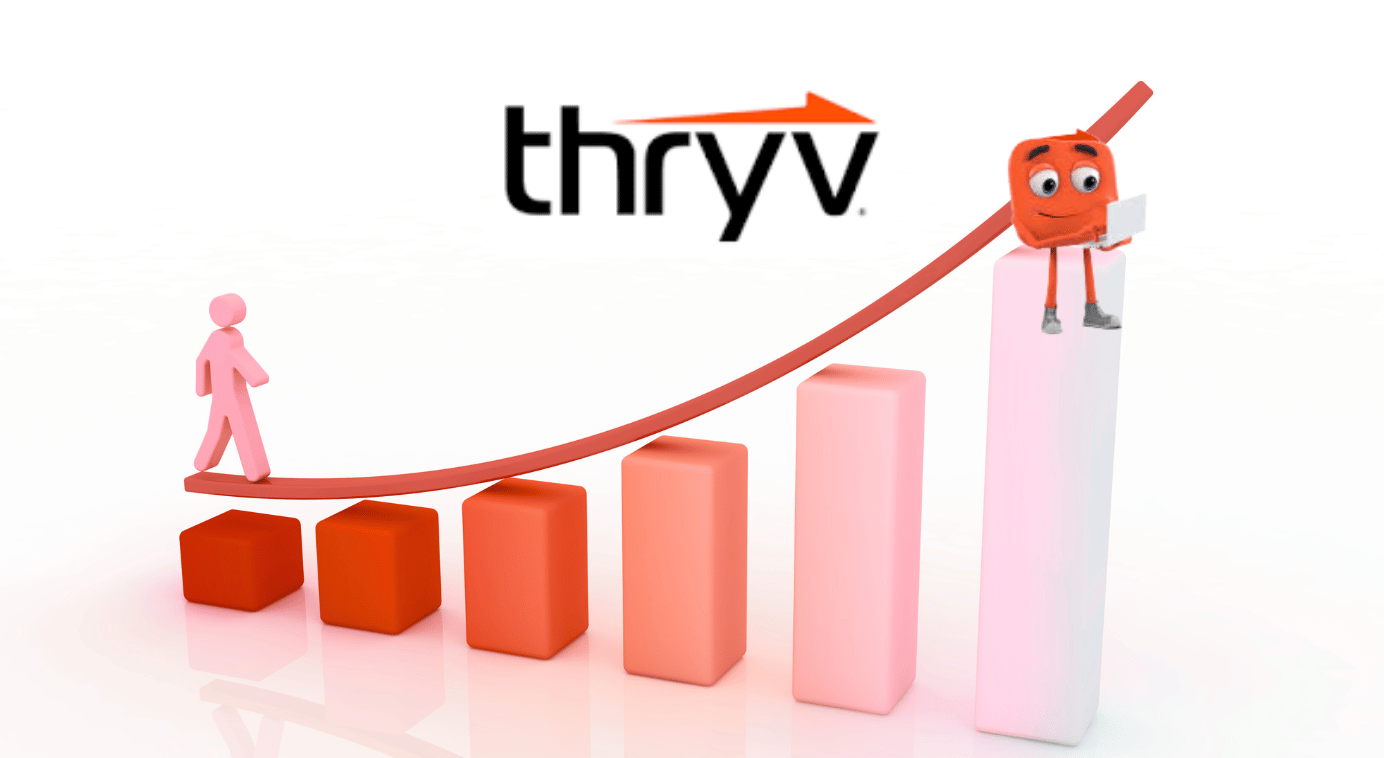Back in February, Yext acquired local search benchmarking and intelligence leader Places Scout. What were the drivers for the acquisition and how are the combined forces now positioned for world dominance? We recently had the chance to catch up with Places Scout founder Mark Kabana to find out.
In short, the combined company completes the circle for robust local SEO capabilities. Places Scout is best of breed for benchmarking one’s online presence and SEO health checks… and Yext has all the tools to put that knowledge into action.
We dive into these dynamics with Kabana in this two-part interview. In part 1, we explored acquisition drivers and potential near-term outcomes. We now pick things up in part 2 with Kabana’s insights on broader transformations in search in the AI era.
Q&A with Mark Kabana

Localogy: Moving on to our main topic, we’re obviously in a transformation stage of search. This is the biggest disruptive threat that search has faced in its 25-year lifetime. Starting high level, how will AI help search and how will it hurt it?
- Help: AI helps users find answers faster, with more context. It saves time and adds clarity — especially with complex or subjective queries.
- Hurt: Click-throughs are dropping fast. Zero-click is the norm. Businesses are losing visibility and control of their data — and they don’t even know it yet.
- The traditional “10 blue links” model is being replaced by conversational answers, citations, and AI-driven summaries.
- The challenge: how do you make your brand discoverable in that world?
- Google has got the most complete dataset in local, and that’s very hard for ChatGPT to match, so Google will be around for the foreseeable future as search continues to expand and evolve across multiple, fragmented channels.
Let’s talk about some of the more recent updates and events. What are your thoughts on Google AI Mode? This follows OpenAI’s move into search, which has similar functionality. Was this reactive?
- In my opinion this was 100% reactive. Without ChatGPT’s success, there’s no way we’d have AI Mode, AI Overviews, or half the SERP changes we’re seeing.
- The dominant features of search have been reactively driven by competitors – Things like product pages, Reddit, TikTok, short videos, etc, these are all a reaction to the competition.
- Google saw the future — users love conversational discovery — and it had to adapt or risk losing loyalty.
- But now, with AI answering people’s questions right away, users don’t need to click as much. So Google’s scrambling to adapt — doing everything it can to keep people on Google, even if it means hurting its own old business model in the process.
To Google’s credit, it has the most to lose from all of this, but it seems to at least be willing to disrupt itself. That sort of makes sense because it was there when it was disrupting every newspaper and Yellow Pages publisher on Earth. It saw how not to handle disruption by going into denial. Cannibalize yourself so no one else can. Where do you think Google’s head is at with all of this?
- Google is hedging — trying to modernize without blowing up the ad business.
- Google’s ambition is the best of both worlds – we have regular search that has the trusted information, and now we have AI mode that has this conversational thing – but at what cost?
Your colleague Christian Ward has opened our eyes to some of the ways that Google could pull this off. For example, though AI search diminishes ad inventory (fewer traditional searches and SERPs), could it trade quantity for quality? In other words, the knowledge and inferences it gains on user intent in an AI context could boost the value of the leads that it can provision for advertisers. In Christian’s terms, this evolves Google from links to offers. The latter could be programmatically served in an RTB fashion. Tell us about this opportunity from your perspective.
- That’s spot on. AI search understands intent better than ever — and intent is the key to monetization.
- If Google can match the right offer to the right moment — not just a click, but a conversion — it changes the game for advertisers.
- Think fewer impressions, higher quality — the “real-time bidding” of actions, not just links.
- For local businesses, this could mean getting surfaced in AI chat flows as the solution, not just a clickable option.
Bringing this all back to Yext, it would appear that the rise of AI search amplifies the value proposition it’s always had: to federate and simplify a fragmented source of business information. With AI search, things become even more fragmented. And the need for businesses to stay on top of their citations and source data likewise escalates. How is Yext positioned for all of this, and what is it doing to actively grab the opportunities that this new environment brings (in addition to buying Places Scout)?
- Yext’s core value — federating business data and powering accurate listings — is more important than ever.
- It’s ironic — back in 2016, Andrew Shotland and I published research debunking citations as a major ranking factor. Fast forward to today, and in this AI-driven landscape, citations are once again critical — not in the old-school sense, but as contextual signals that help AI systems validate and surface local businesses.
- AI models depend on structured, consistent, trusted information across multiple channels
- We’re ensuring that brands’ data flows into all the places AI pulls from: websites, directories, review sites, social.
- And now, with Places Scout, we can measure and optimize that visibility, not just push data and hope it sticks.
Bottom line: We’re not just data providers anymore — we’re strategic intelligence + execution, all in one.
Where do you see this all going next?
- We’re headed toward agent-based interactions — your AI assistant will handle tasks on your behalf: booking, shopping, calling, comparing.
Traditional “search” gets abstracted away. Brands need to make sure they’re present where agents look. - Local will still matter — but success will depend on structured data, brand strength, and visibility everywhere, not just Google.
- The biggest shift? From SEO to Entity Optimization — the goal is to make your brand recognizable and retrievable across every surface: AI, apps, chat, maps, voice.
What other AI players and innovations are emerging, and what should we be looking out for?
On stage last month at L25, I said agentic AI, the kind that spawns the right AI for the job, was the future. Turns out the future lasted about five days. Tools like Convergence’s Proxy agent and GenSpark’s AI assistant just went live in the real world. We’re now seeing autonomous digital agents actually doing work for users. Search isn’t just about finding answers anymore. It’s about assigning tasks and delegation. That shift reshapes how people discover information, and how AI steps in to take action for them. And the fact that GenSpark can now make actual phone calls on your behalf? That’s not the future. That’s right now, and it’s only the beginning of a transformation that’s going to change everything.



